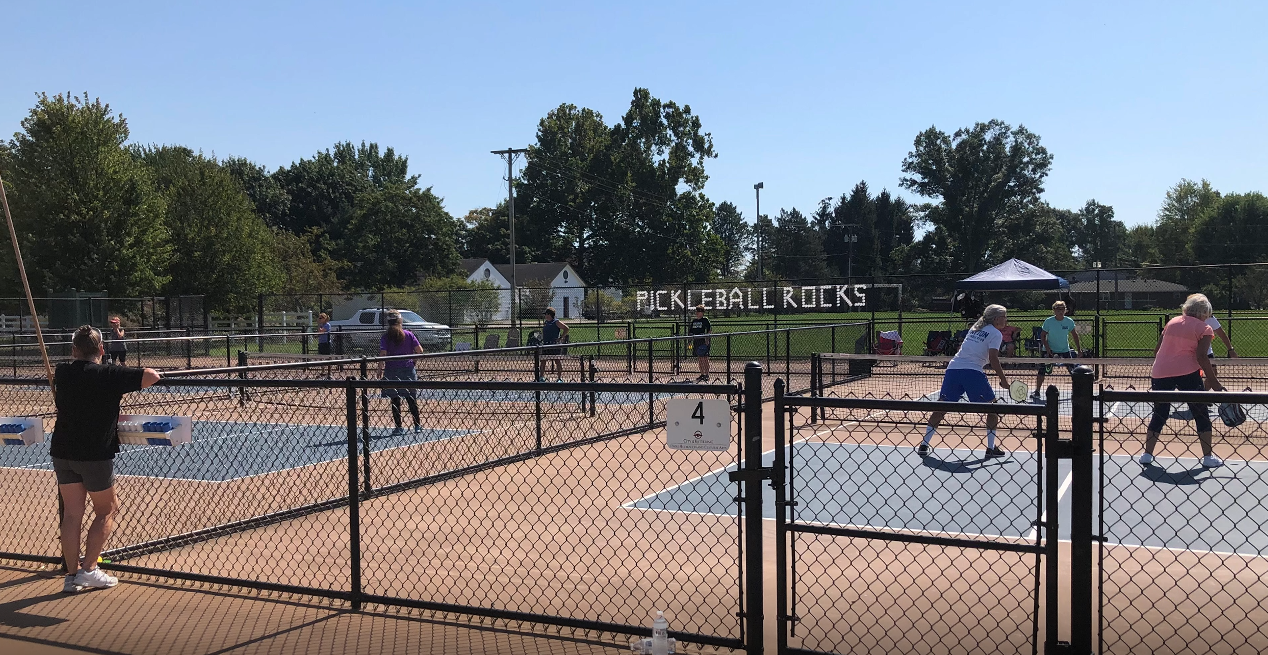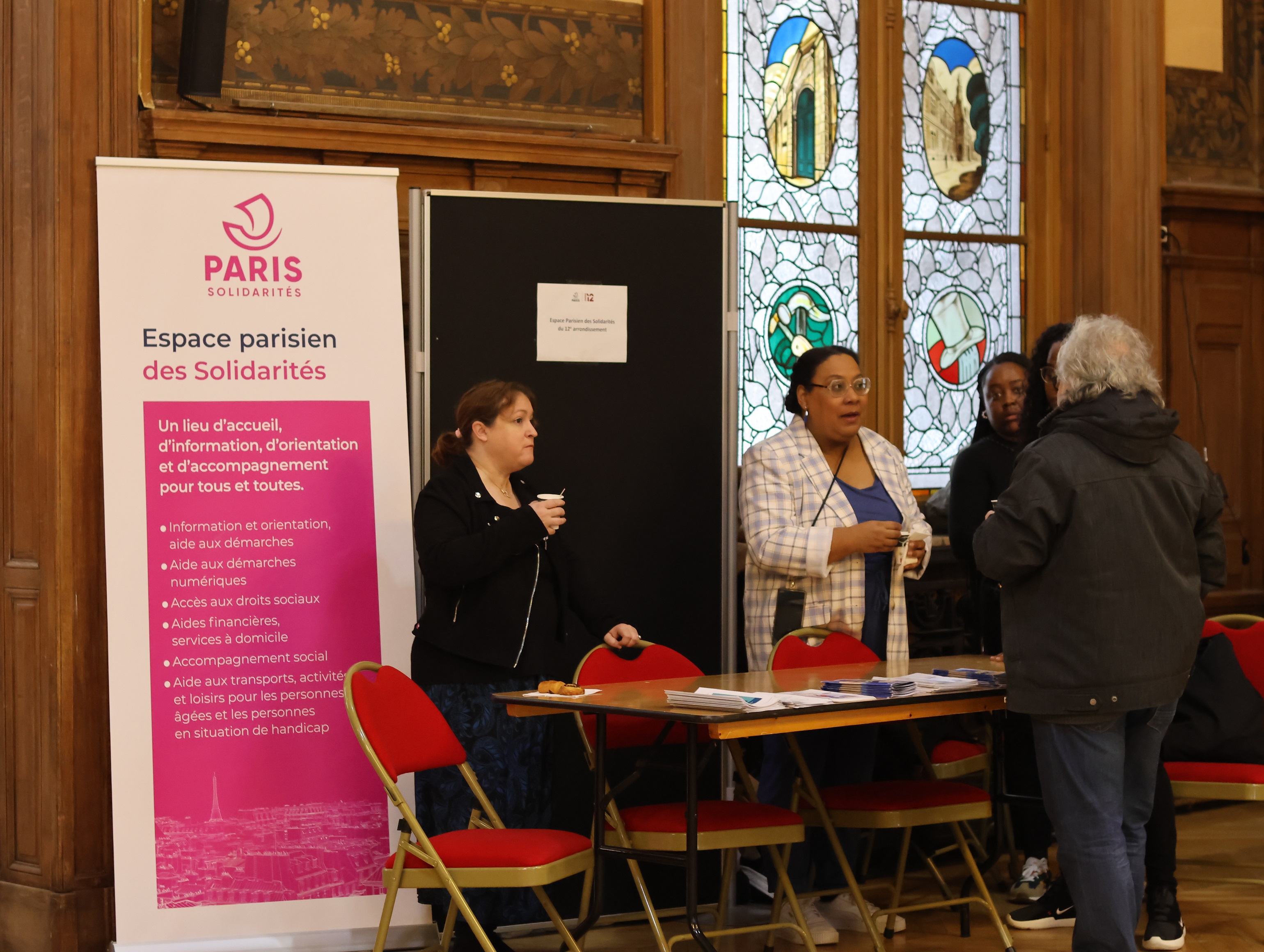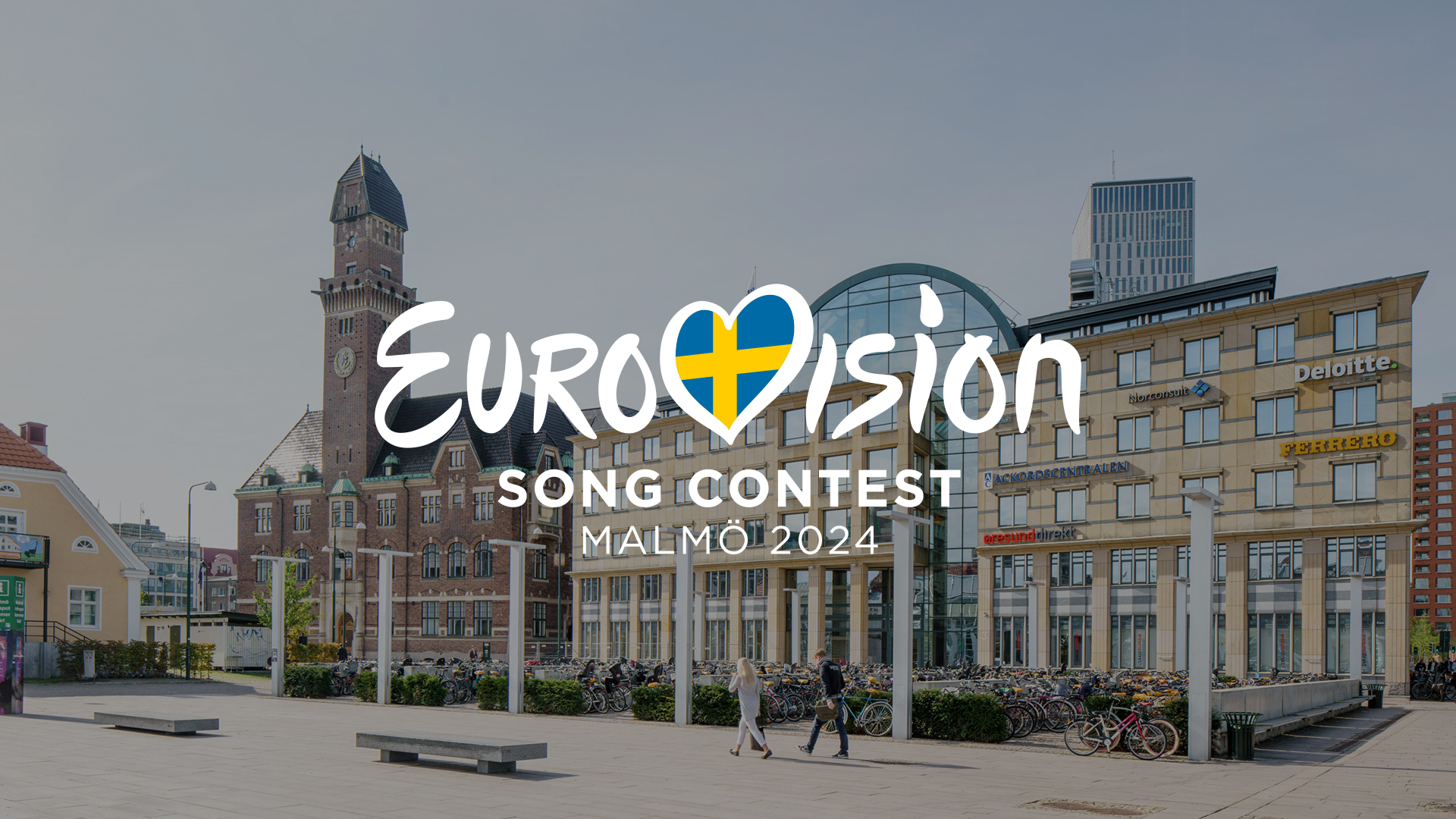Dr. John Delony: The Loneliness Epidemic And The Generation Feeling Isolated

Table of Contents
Dr. Delony's Definition and Scope of the Loneliness Epidemic
Dr. Delony emphasizes the crucial distinction between solitude—a state of being alone by choice—and loneliness, a subjective experience of social isolation and disconnect. He defines loneliness not simply as being alone, but as a feeling of lacking meaningful social connections and a sense of belonging. The ramifications of this loneliness epidemic extend far beyond emotional well-being; its consequences are profound and far-reaching:
-
Mental Health Consequences: Increased risk of depression and anxiety, heightened susceptibility to stress, and a diminished sense of self-worth are all strongly linked to chronic loneliness. The impact on mental health can be debilitating, impacting daily life and overall functionality.
-
Physical Health Consequences: Studies consistently demonstrate a correlation between loneliness and various physical health problems. These include a weakened immune system, increased risk of cardiovascular disease, and even a decreased life expectancy. The loneliness epidemic contributes significantly to the overall health burden.
-
Impaired Cognitive Function: Loneliness has been shown to negatively impact cognitive function, potentially leading to decreased memory, slower processing speeds, and an increased risk of dementia. The brain, like the body, thrives on social interaction.
The Generation Feeling Most Isolated: Understanding the Youth Experience
Dr. Delony's research points to Millennials and Generation Z as particularly vulnerable to the loneliness epidemic. While technology offers unprecedented opportunities for connection, it paradoxically contributes to feelings of isolation. This "hyper-connectivity" often masks a profound lack of meaningful, real-world interaction. Several factors contribute to this phenomenon:
-
The Paradox of Hyper-connectivity and Isolation: Social media, while connecting people globally, can also foster unrealistic comparisons and feelings of inadequacy. The curated perfection presented online often contrasts starkly with the realities of daily life, leading to feelings of loneliness and inadequacy.
-
The Impact of Social Media Comparison and Unrealistic Portrayals of Life: The constant exposure to idealized versions of life on social media platforms can trigger feelings of envy and inadequacy, deepening feelings of loneliness and isolation, particularly among young adults.
-
The Challenges of Forming Meaningful Relationships in a Digital Age: The ease of online interaction sometimes overshadows the importance of face-to-face connections. The depth and intimacy of in-person relationships are often lacking in the digital sphere, leaving individuals feeling disconnected despite seemingly constant communication.
-
The Impact of Economic Instability and Precarious Employment on Social Connections: The economic pressures faced by many young adults, including student loan debt, precarious employment, and the rising cost of living, can severely limit their opportunities for social engagement and community involvement.
Dr. Delony's Strategies for Combating Loneliness and Fostering Connection
Dr. Delony doesn't just diagnose the problem; he offers actionable strategies for individuals and communities to combat loneliness and foster genuine connection:
-
Engaging in Activities that Promote Social Interaction: Joining clubs, taking classes, volunteering, or participating in group hobbies are excellent ways to meet like-minded people and build social connections.
-
Practicing Mindfulness and Self-Compassion: Understanding and accepting one's emotions is crucial. Mindfulness practices can help manage feelings of loneliness and build self-compassion.
-
Seeking Professional Support from Therapists or Counselors: For those struggling with severe loneliness or mental health challenges, professional help is invaluable. Therapists can provide coping mechanisms and support.
-
Volunteering and Participating in Community Activities: Giving back to the community is a powerful way to foster a sense of belonging and purpose, significantly reducing feelings of isolation.
-
Prioritizing Face-to-Face Interactions over Online Communication: While technology is a tool for connection, it shouldn't replace the richness and depth of real-world interactions. Prioritizing in-person connections is vital for combating loneliness.
Conclusion
Dr. Delony's work shines a light on the urgent need to address the loneliness epidemic, particularly its impact on younger generations. The consequences of social isolation are far-reaching and devastating, affecting both mental and physical health. However, by implementing Dr. Delony's strategies – fostering genuine connections, prioritizing face-to-face interactions, and seeking support when needed – we can combat loneliness and build stronger, more connected communities. Don't let loneliness define you. Learn more about Dr. Delony's strategies for combating the loneliness epidemic and start building meaningful connections today! [Link to Dr. Delony's website/resources here]

Featured Posts
-
 Teah In The Trial A Parents Hidden Past Explained
May 19, 2025
Teah In The Trial A Parents Hidden Past Explained
May 19, 2025 -
 Donate Or Bid Olive Branchs New Pickleball Courts Project
May 19, 2025
Donate Or Bid Olive Branchs New Pickleball Courts Project
May 19, 2025 -
 Forum Du Logement Gencay Acceder A Un Logement
May 19, 2025
Forum Du Logement Gencay Acceder A Un Logement
May 19, 2025 -
 Devenir Archiviste Formation Universitaire A Poitiers
May 19, 2025
Devenir Archiviste Formation Universitaire A Poitiers
May 19, 2025 -
 Grupo Finlandes Representara A Suecia En Eurovision 2024 Cantando En Sueco
May 19, 2025
Grupo Finlandes Representara A Suecia En Eurovision 2024 Cantando En Sueco
May 19, 2025
